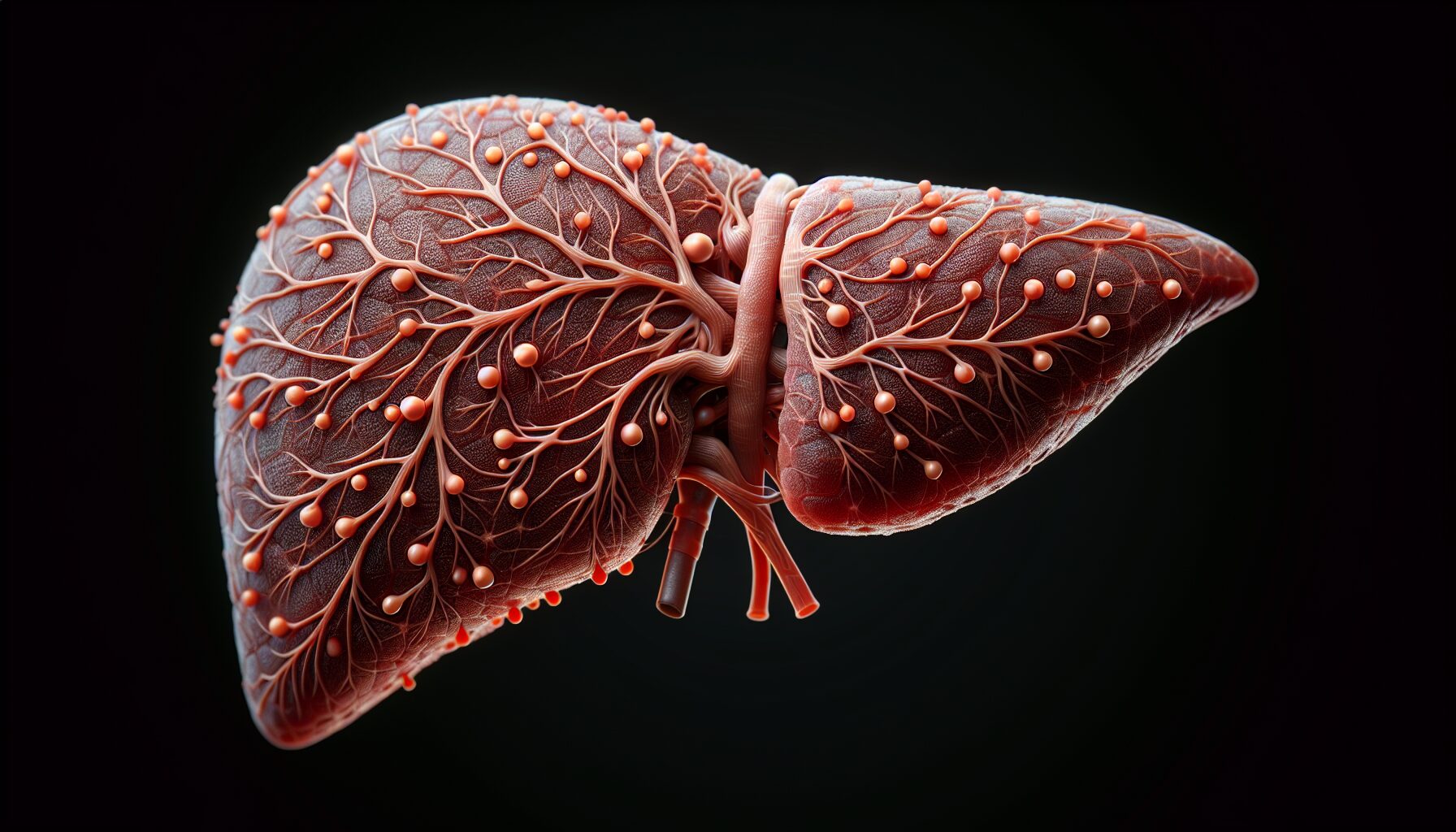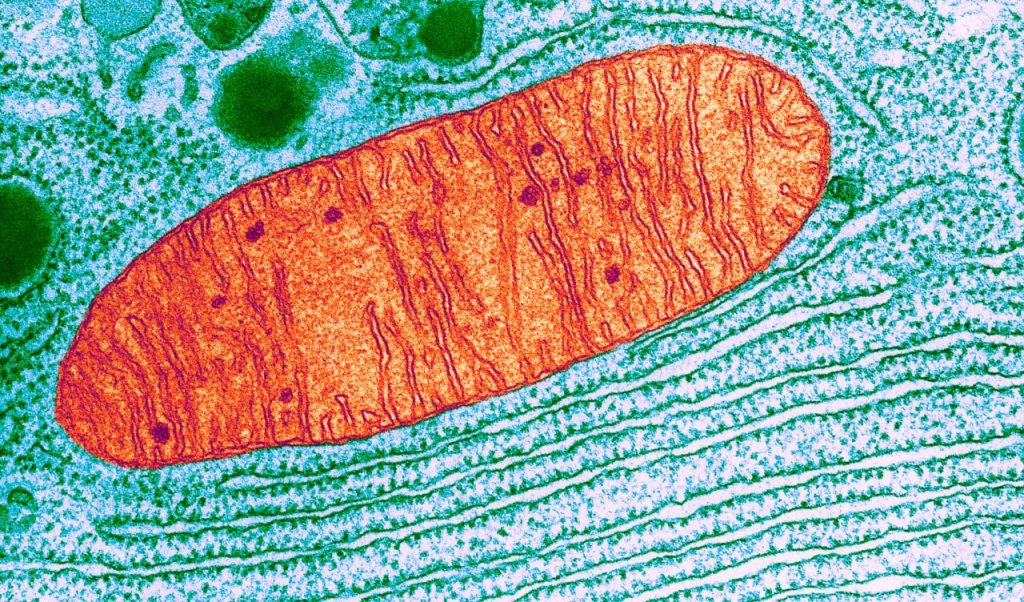
Vitamin D And Liver Function
Vitamin D and liver function are closely related, with deficiencies in vitamin D observed in cases of liver diseases. Your liver activates vitamin D, so that it can be used by our organs and body tissues. This emphasises the importance of optimal liver health for the role of this vitamin throughout the body. This correlation is so strong that patients with liver disease are often asked to perform a screen for vitamin D deficiency.
Vitamin D has various effects within the body and is most well known for its ability to assist with calcium intake and regulation by cells. Because of effects on calcium levels within the body, vitamin D is implicated in cell proliferation and division throughout the body.
This vitamin is also implicated in the optimal functioning of the immune system. This is because of its effects on specific white blood cells that are responsible for strong immune responses. These include immune T killer cells that are able to remove cancerous cells from the body.
Vitamin D is thought to be important in both the activation and regulation innate and adaptive immune systems, with its cell growth suppressing abilities considered to be of importance in liver diseases.
In this article, the relationship between vitamin D and liver function will be considered. We will pay particular attention to how vitamin D and the liver support each other for optimal wellness.

How Vitamin D Is Important For Our Health
Vitamin D can be consumed or absorbed from our diet or also made in the skin, in epidermal cells, with exposure to mild radiation from the sun. Vitamin D is made in the skin from cholesterol, which itself is made in the liver, then transferred to fat cells for storage. Dietary vitamin D from milk or eggs for example, is also stored in fat cells within the body.
Vitamin D levels are of global concern at the moment. This vitamin plays an important role in maintaining levels of calcium within the body, having the ability to suppress cell growth. Vitamin D is also very important in immune system functioning. Both of these functions of vitamin D are considered to be important for our overall wellbeing.
Vitamin D Deficiency
Vitamin D deficiency affects almost half of the healthy population in developed countries across the world. Of these, about 90% of patients with chronic liver disease are deficient in vitamin D which is a staggering quantity. This sort of statistic suggests that vitamin D and liver function are closely related and so it is important to consider how vitamin D is implicated in our liver to maintain optimal wellbeing.
Around a third of patients with chronic liver disease have a severe deficiency of vitamin D. Vitamin D deficiency has symptoms such as osteoporosis and increased fracture risk which can limit our overall wellbeing. Because of its integral role in various systems within the body, especially immunity, vitamin D deficiency is considered to be implicated in the development of infections, heart diseases, autoimmune diseases and cancers.
Liver Functions
We’ve introduced vitamin D and have an understanding of vitamin D. It is also useful to have an understanding how the liver functions to connect how the two fit together to encourage more optimal wellbeing.
Our liver is one of the main sites for drug metabolism and detoxification within the body. Considering how the build up of toxins can cause build ups in oxidative stress and inflammation within the body, the liver is very important in maintaining optimal overall wellbeing. In fact, liver failure can cause fatalities and often results from insufficient liver tissue functioning.
Because of the continuous detoxification processes in the liver, there is a high metabolic rate within the liver including basic functions such as sugar or fatty acid metabolism which are all very carefully controlled. The liver needs regular nutritional support for this. This includes antioxidants that can prevent oxidative stress from toxin build up and also electrolytes. These help the liver to maintain internal stability, supporting liver tissue health and survival.

Autophagy In The Liver
Healthy levels of liver autophagy contribute to these basic liver tissue functions. Autophagy helps to maintain usual tissue functions, degrading parts of cells that are malfunctional to maintain overall health.
In organs like the liver, that handles a lot of toxins, this process is absolutely critical to keeping its usual functioning and preventing disease states. Healthy autophagy and organ tissue remodelling is critical for its internal stability, cellular survival and overall wellness. The liver is also very unusual in that whole parts of the liver can grow back after injury.
Healthy regulation or signalling of autophagy is very important in the liver. Too much autophagy can also cause problems. Research suggests that changes in autophagy within the liver are responsible for some liver diseases. This would include toxin or drug induced injury, fatty liver, liver cancer and viral hepatitis.
These sorts of diseases can be very resource hungry, especially for nutrients like antioxidants or vitamin D. Again, these nutrients ensure internal stability and maintain liver wellness to prevent disease states. The liver also produces significant amounts of cholesterol, a key building block and nutrient for the body. This nutrient is also used to produce vitamin D in the skin and steroid hormones. This means that the optimum functioning of liver tissue is important for vitamin D levels in the body.

How Vitamin D And Liver Function Are Related
The liver works around the clock to maintain its stability for our wellness and we’ve established that this requires a regular supply of nutrients. This includes nutrients that are needed to support healthy metabolic processes, cell cycles or autophagy, continuous detoxification and disease prevention. Research suggests that vitamin D is essential to this process and is also activated to active vitamin D within the liver.
Vitamin D is clearly implicated in both immune function and the healthy regulation of cellular growth within organ tissues. This is why research suggests that vitamin D is very important for the optimal function of the liver and prevention of liver diseases. One study suggests that early life vitamin D deficiency can also lead to liver issues in later life.
Vitamin D and Liver Cell Autophagy
The liver undergoes healthy autophagy in cellular cycles. This has implications for diseases including viral hepatitis or toxin induced liver injuries. These are also a leading cause of chronic liver disease.
Healthy organ tissue autophagy is important in cancer prevention, as the body removes malfunctional cells and cell parts. Autophagy can remove cells if highly damaged or remodel through different pathways for survival.
Because of how important vitamin D is for healthy cellular cycles, this is one means as to how vitamin D is linked to optimal liver function. Studies have linked vitamin D with autophagy signalling and regulation. Vitamin D has been shown to induce autophagy in cells, helping to remodel cells, optimising organ functioning and survival. This makes sense considering how mineral ion influx, such as calcium, can also abort cells.
Vitamin D also induces autophagy during inflammatory scenarios and infection within the body. This is especially true for chronic inflammation. This is a key reason why vitamin D is associated with immunity or immune responses. Vitamin D is used to treat some mycobacterial infections.
It also provides further support as to why vitamin D may assist with optimal liver function as a signalling molecule. The liver handles toxins and drugs regularly, experiencing inflammatory damage, which would need vitamin D to tell cells to destruct via cell death if damages to them were critical.

Vitamin D and Liver Diseases
With vitamin D playing roles in the immune response and cell cycles in the liver, an infection in the liver from hepatitis would lead to a sapping of vitamin D. This occurs as the liver seeks to restore internal stability for survival through autophagy activation. That then would then result in our liver and bodies to become vitamin D deficient.
Importantly, vitamin D status is linked to hepatitis infection. In fact, supplementation with vitamin D could help with sufferers of hepatitis to recover with a direct anti-viral effect. Supplemental antioxidants could also support healthy liver metabolism during hepatitis. Especially vitamin C, which has been shown to prevent neutrophilic infiltration during hepatitis infection. Ultimately, this would explain how hepatitis is linked to chronic liver disease and why this is a leading cause of this liver disease.
One very recent study has shown that vitamin D can activate a specific receptor for autophagy in the liver to reduce liver inflammation and reduce liver injury. This also promotes antioxidant enzyme responses in the liver to further lower inflammation.
This all emphasises why vitamin D is important for liver function and explains why the liver is so hungry for vitamin D during chronic liver disease, especially during hepatitis infections.

Vitamin D And Liver Inflammation
Vitamin D could be a vital signalling factor during non-alcoholic fatty liver disease, preventing inflammation by initiating autophagy of malfunctioning mitochondria. While this process has short term consequences, this action is preventative of liver disease progression.
Vitamin D has been shown to possess an anti-fibrotic effect preventing the worsening of liver fibrosis, while it may mediate liver wound healing. Other nutrients, such as antioxidants or manganese, could also be important in preventing disease progression.
This is a huge example of how vitamin D encourages more optimal liver function. Sufferers of this chronic inflammatory disease of the liver, tend to be clinically overweight and also deficient in vitamin D, affecting around 30% of the world’s population. Vitamin D deficiency is associated with increased mortality risk in these patients.
This again really emphasizes how important vitamin D is in regulating healthy cell metabolism, optimising liver function.
The research shows that vitamin D is very important for assisting with the optimal functioning of the liver, providing survival level support for the dangerous detoxification processes of liver tissue.

Vitamin D And Liver Function
Vitamin D and the liver are intertwinned
The liver helps to produce vitamin D while vitamin D supports core liver functions
Vitamin D lowers inflammation and stimulates autophagy to support detoxification
Deficiencies in vitamin D are prevalent in chronic liver disease sufferers

Summary
Vitamin D and liver function are closely intertwined. The liver plays an important role in producing and activating non dietary vitamin D. This sustains optimal levels of vitamin D throughout the body and supports important functions such as cell death and immunity. At its best vitamin D can increase immune cells that target cancers and stimulate the immune system.
Vitamin D is best known for its ability to improve and maintain calcium levels in our cells, with deficiencies often leading to osteoporosis. This is also how vitamin D is able to regulate cell cycles.
Having sufficient levels of vitamin D also supports optimal liver function and people with liver disease are often highly deficient in vitamin D. Patients diagnosed with liver disease are often asked to screen for a vitamin D deficiency. Vitamin D deficiency is of global concern, with 90% of chronic liver disease patients deficient in vitamin D. This sort of statistic reveals how interrelated vitamin D and the liver are, especially for liver function or wellbeing.
Vitamin D preserves optimal liver function through stimulating autophagy, cell death and anti-inflammatory responses. Vitamin D can activate receptors for autophagy. These are important core processes for liver tissue to maintain stability, reduce inflammation, injury and overall wellness. These are very important for the liver considering its core function as a toxin processing centre. This regularly exposes the liver to inflammatory free radicals or oxidative stress. This is why the liver needs nutrients like vitamin D that could prevent cancers and fatalities.
Vitamin D is clearly very important for assisting with the optimal functioning of the liver. Research shows that vitamin D provides survival level support for the dangerous processes occurring within the liver.
For more interesting articles, see the main articles page.




